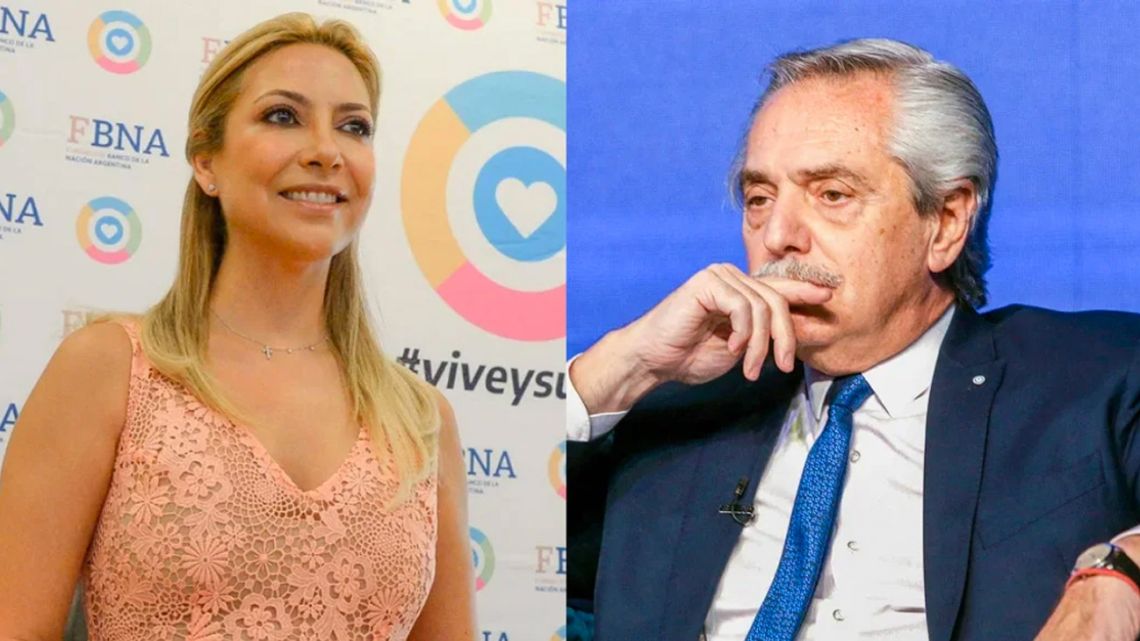Brazil’s highest court, the Federal Supreme Court (STF), has upheld an eight-year and ten-month prison sentence for former President Fernando Collor de Mello. The court found Collor guilty of corruption linked to contracts with the state-owned oil company Petrobras.
The STF’s decision, reached by a six to four vote, maintains Collor’s conviction in the Operation Car Wash investigation. This probe examined crimes related to Petrobras contracts. Some trials in this operation were later annulled due to concerns about political persecution and evidence manipulation.
Collor’s defense team argued for the case’s dismissal, citing procedural deficiencies. However, the court rejected claims of irregularities. The former president’s lawyers state that appeal options still exist before the sentence can be enforced.
The court found that Collor, as leader of the Brazilian Labor Party (PTB), made political appointments at BR Distribuidora, a former Petrobras subsidiary. He allegedly received bribes totaling about $701,754 (R$ 4,000,000) from company contracts between 2010 and 2014.
 Former Brazilian President Collor de Mello Faces Eight-Year Prison Sentence. (Photo Internet reproduction)
Former Brazilian President Collor de Mello Faces Eight-Year Prison Sentence. (Photo Internet reproduction)Two of Collor’s former advisers also received convictions. They may replace their sentences with community service. Collor, now 75, served as a national senator from 2007 to 2023.
Collor’s political career has been marked by controversy. In 1989, he became Brazil’s first directly elected president after the end of military rule. However, he resigned in 1992 amid impeachment proceedings for corruption.
Former Brazilian PresidentFaces Eight-Year Prison Sentence
This case highlights ongoing efforts to address corruption in Brazilian politics. It also underscores the complex relationship between political power and state-owned enterprises in the country.
The conviction raises questions about accountability for high-level officials. It may impact public trust in government institutions. The case’s outcome could influence future anti-corruption efforts in Brazil and beyond.
As legal proceedings continue, the full implications of this ruling remain to be seen. The case serves as a reminder of the enduring challenges in combating political corruption.

 By The Rio Times | Created at 2024-11-15 07:34:14 | Updated at 2024-11-22 08:59:37
1 week ago
By The Rio Times | Created at 2024-11-15 07:34:14 | Updated at 2024-11-22 08:59:37
1 week ago








